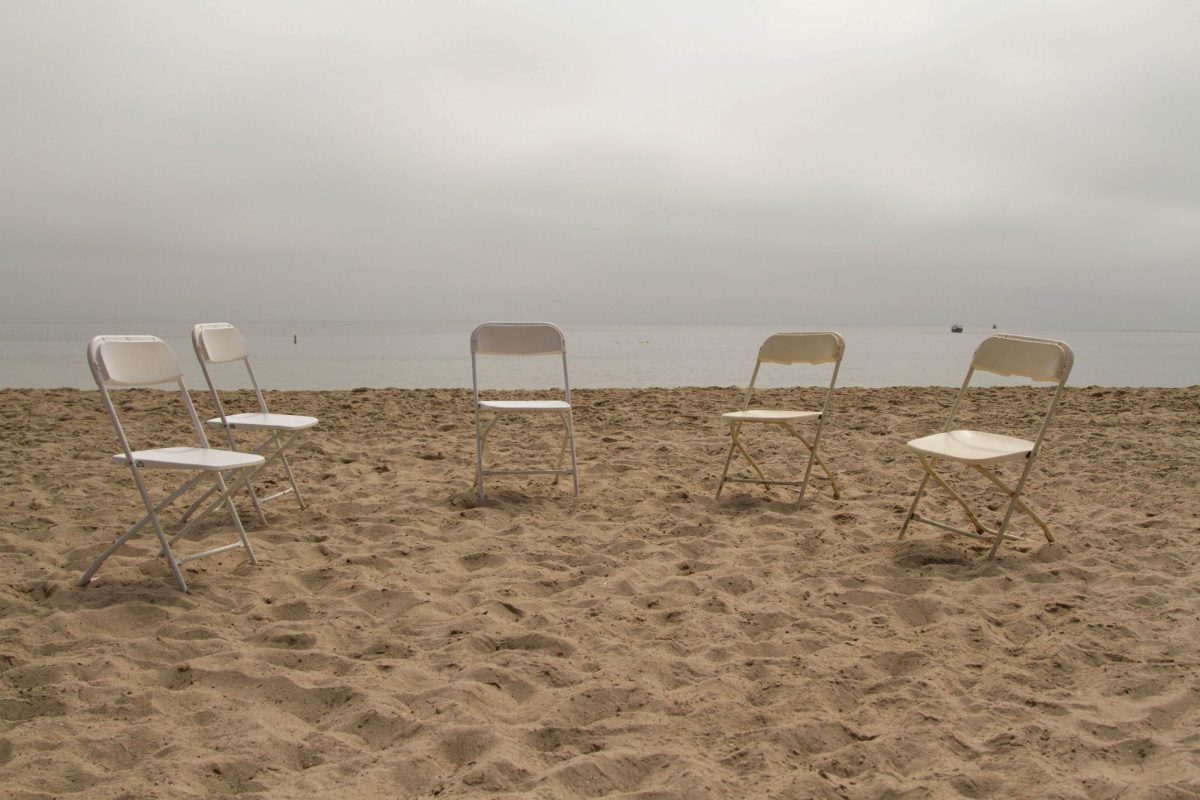Anybody who believes that ignorance is bliss will rethink his or her beliefs after going to see the City College theater group production of “Born Yesterday,” by Carson Kanin.
The play, which debuted on Broadway in 1946, takes place in a swanky hotel suite during the post-World War II era. With an old-fashioned façade, “Born Yesterday” tackles big issues about the morality of political awareness that remain relevant to modern society. Meanwhile, its smart one-liners and satirical plights keep the show light on its feet.
The first act is a bit slow at times with its primary focus on Harry Brock, played by Don Margolin. Brock is the typical rich, vapid business tycoon whose thirst for power has brought him to Washington, DC in hopes of weaseling his way into politics.
While Margolin fantastically embodies Harry, the show loses its edge with too much legal and political babble.
If it weren’t for Harry’s girlfriend, air-headed Billie Dawn played by Winslow Corbett, and her jaded albeit childish manner, the first part of the show would fall flat. Corbett manages to play the part of the stereotypical blonde, ditzy and downright oblivious Billie without seeming cliché.
Luckily, Billie steals the show from Harry, through a man who thrives off of the feeble-minded. Harry hires savvy journalist Paul Verall, played by Sean O’Shea that ultimately cultivates her finesse.
O’Shea is charming as Paul and serves as the instigator of the play’s dynamism. As the protagonist, Paul manages to find a way to spark her interest in history and politics, essentially by showing her patience and respect.
Not surprisingly, a delightful romance springs up betwixt Paul and Billie, and they quickly become enamored by one another.
The two light up the stage with their quirky chemistry; Paul brings out the fiery altruist in Billie while she highlights his buoyant side. The playful romance is fun to watch and enhances the overall theme of the play.
The most engaging part of the story is witnessing Billie go from dim-witted to discerning in a progression that seems pretty realistic considering the short time span of the play.
At first, Billie virtually exhibits the consciousness of a five-year-old as she stomps about the stage, pouting, and doing whatever she is told.
Right before Billie’s antics get annoying, she ascends from her blasé shell, giving way to a strong, dynamic character eager to make her own judgments and decisions. This evolution presents a remarkable assertion concerning education and how it may affect one’s role in society.
Indeed, “Born Yesterday” proves that true power, freedom and happiness emanate from a keen mind-all the while providing plenty of opportunities for a good laugh.






